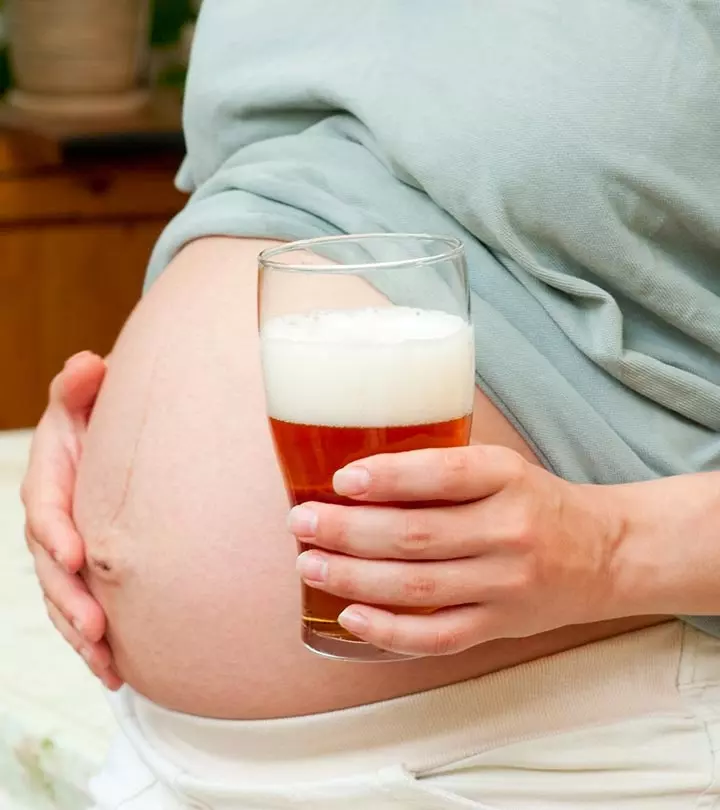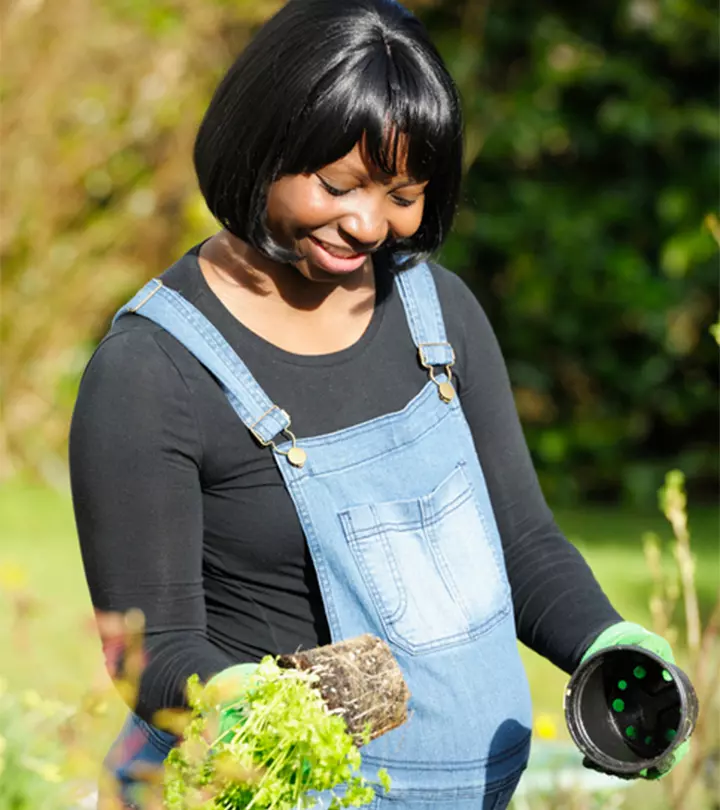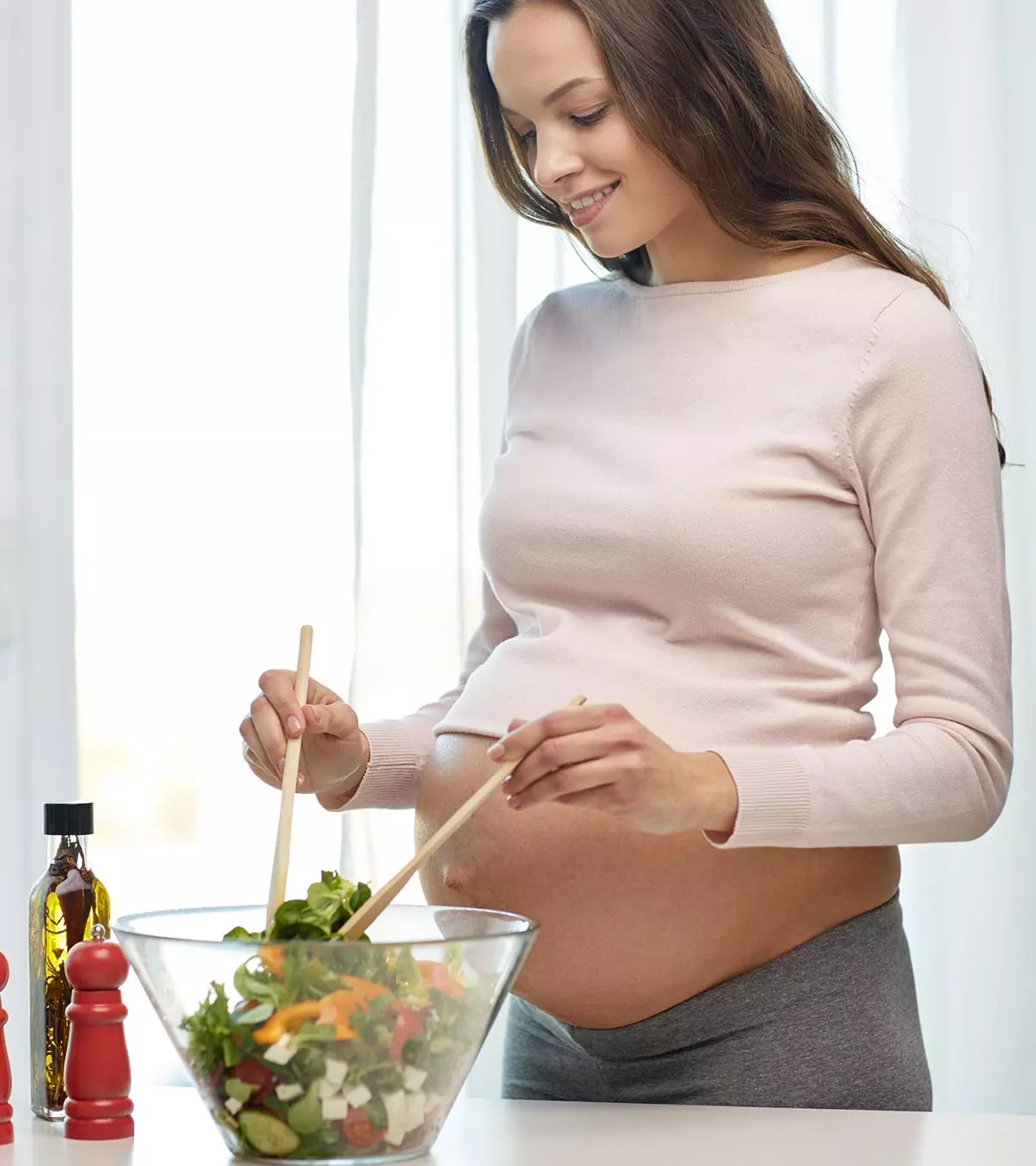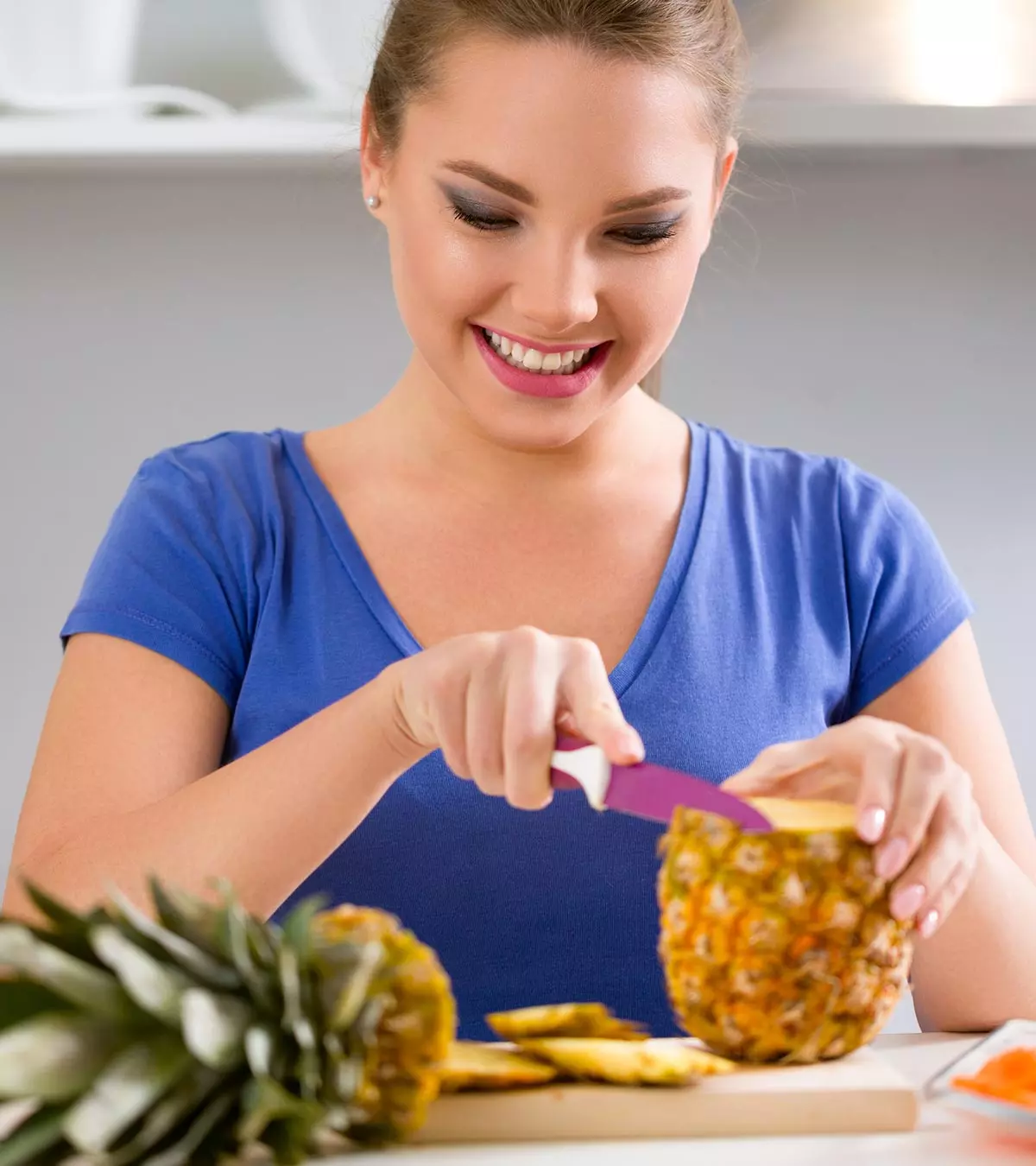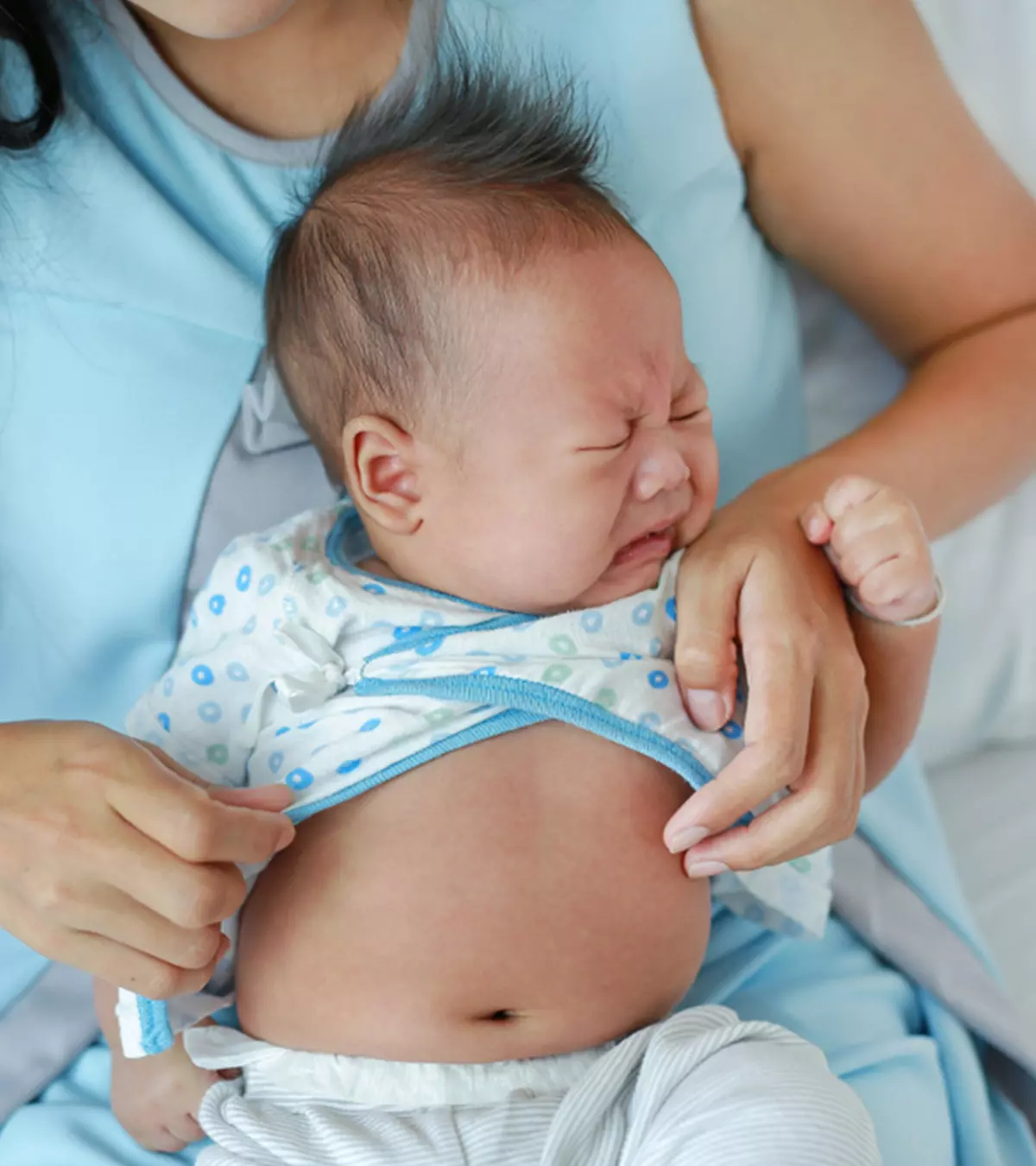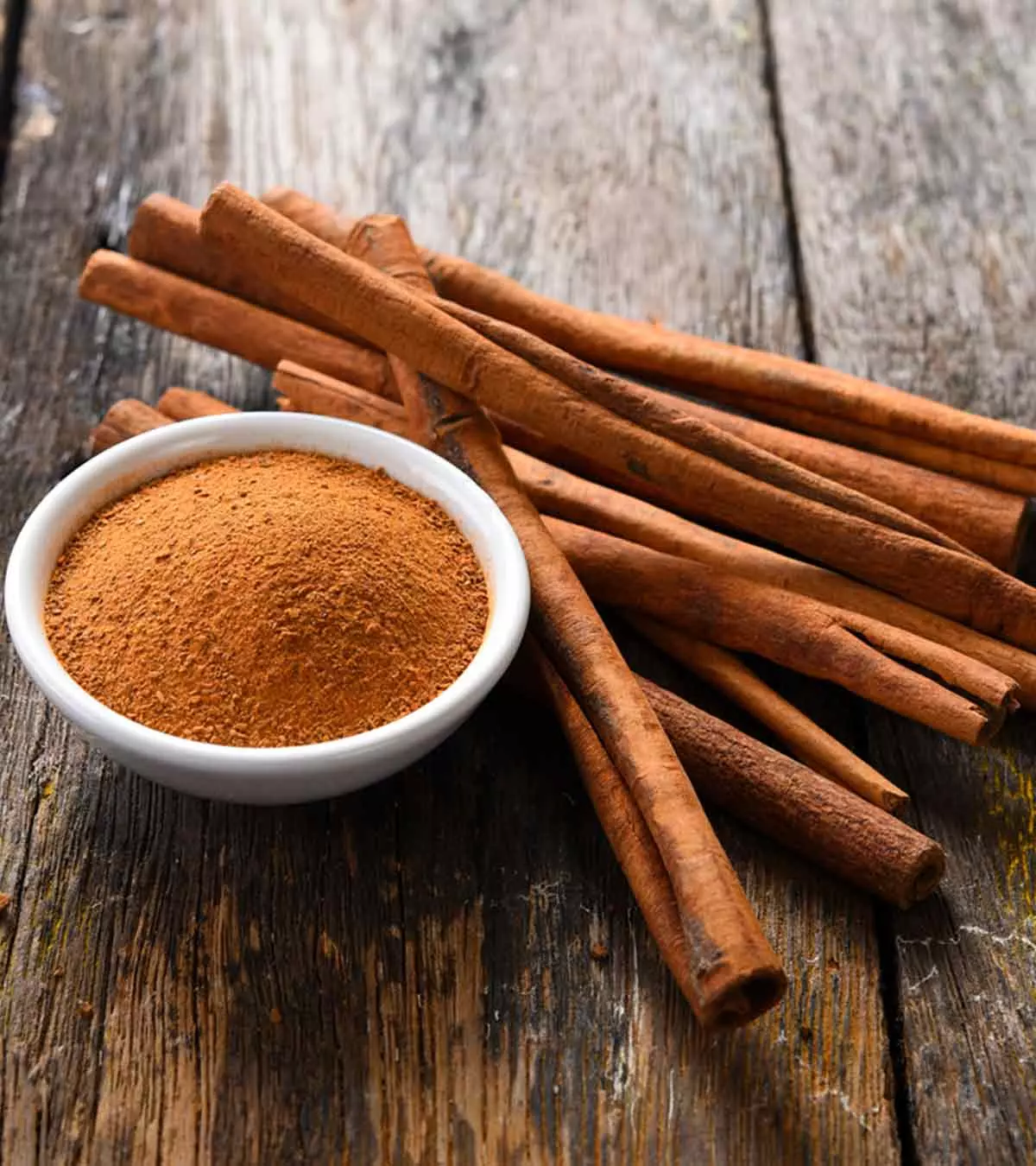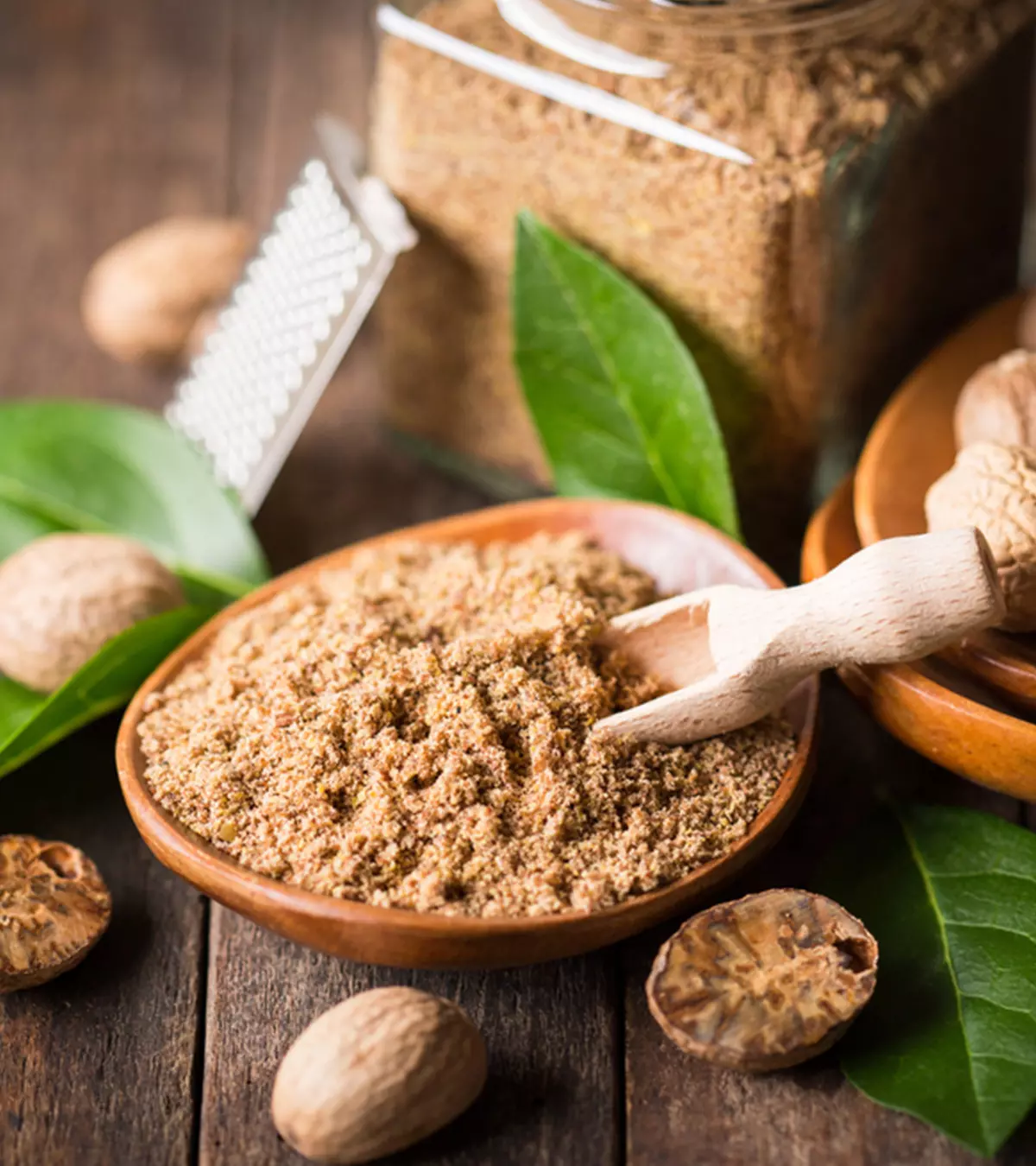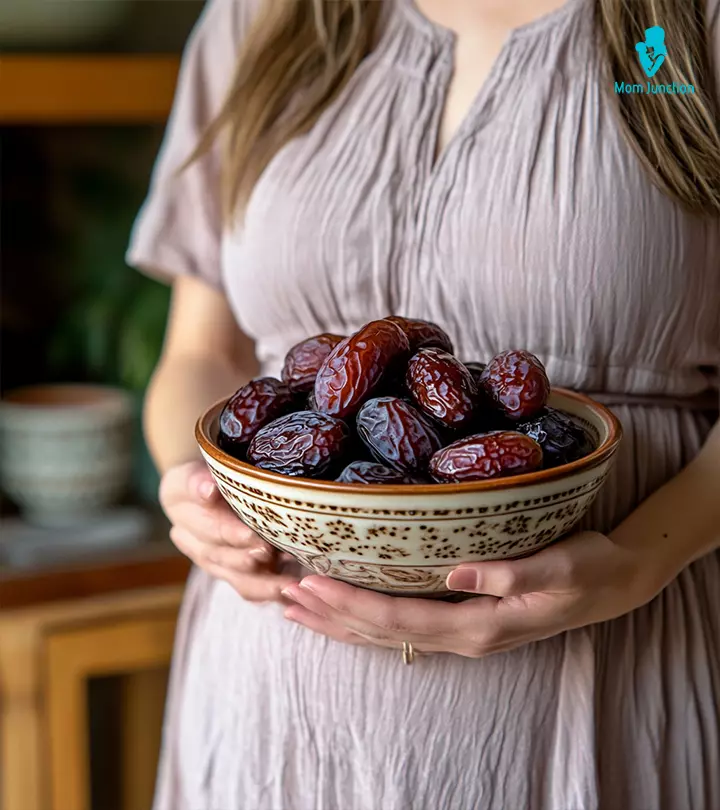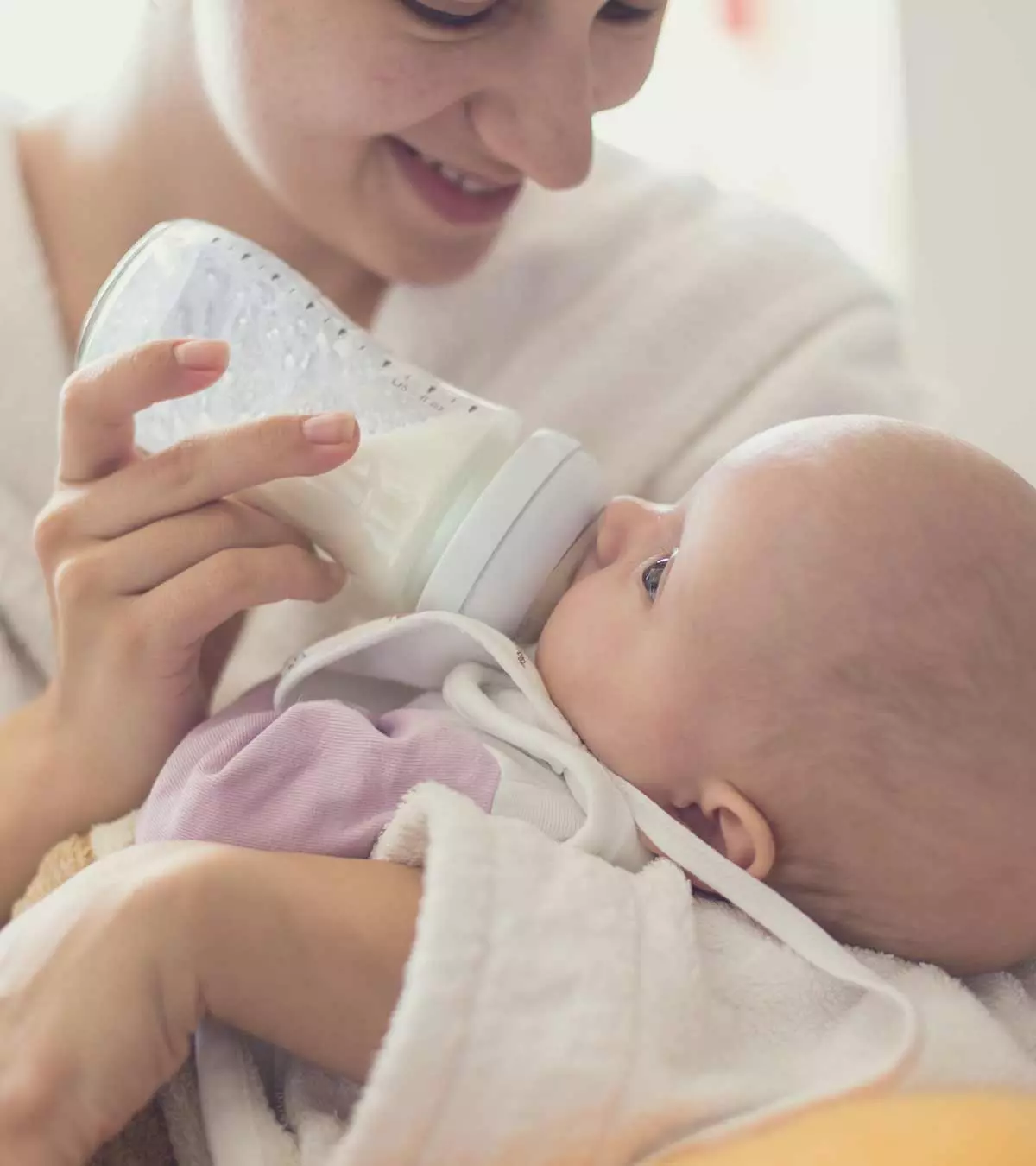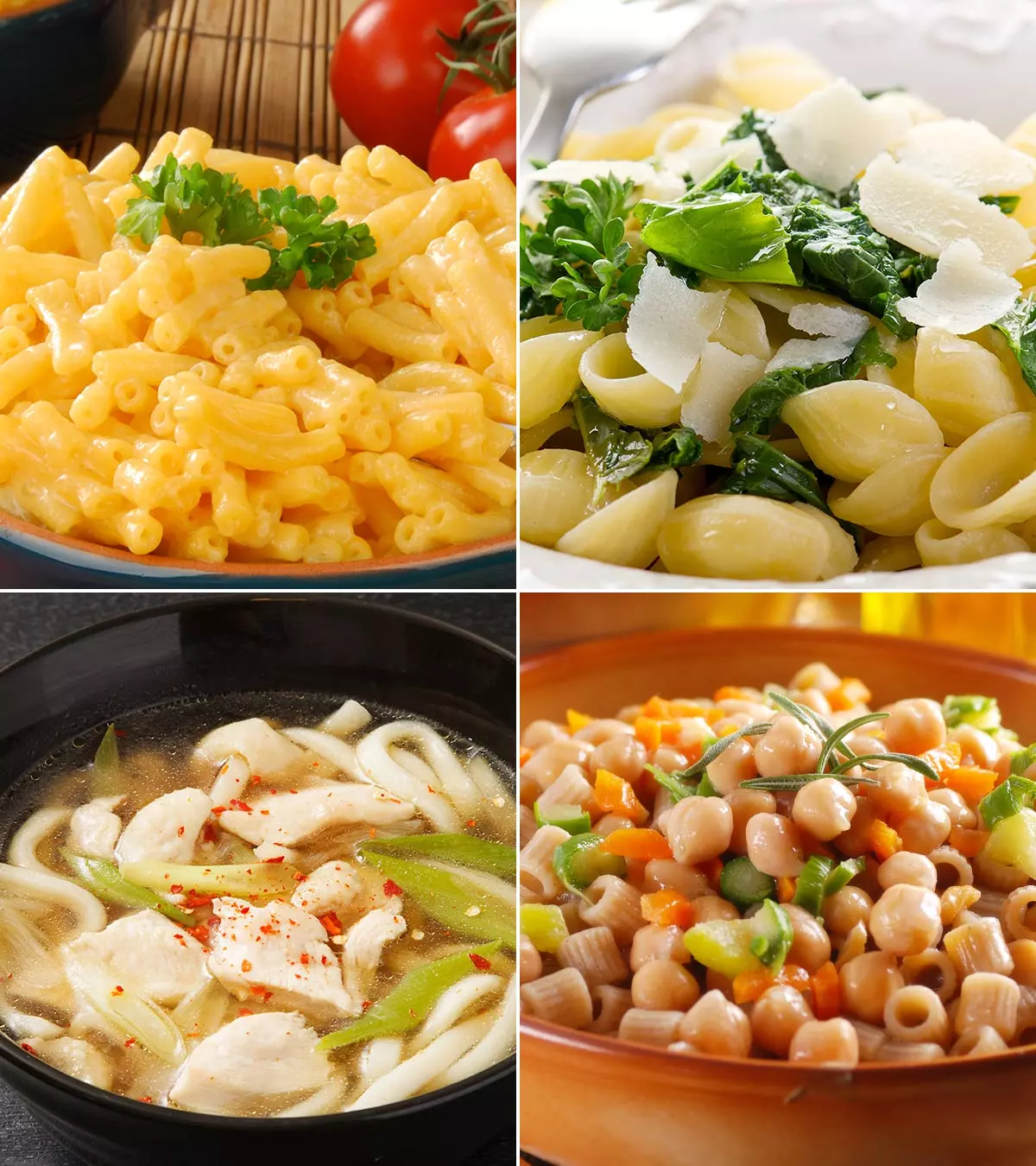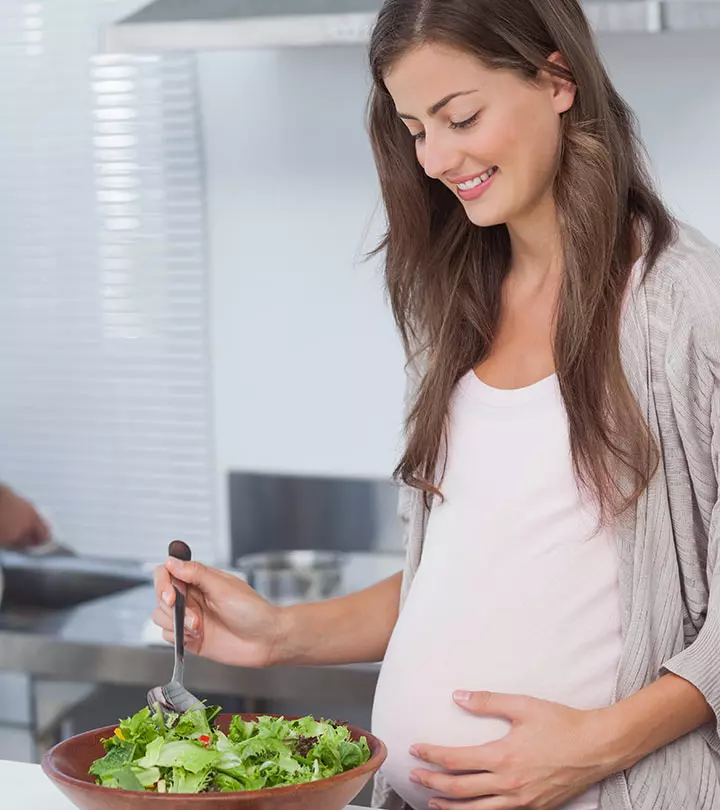
Image: ShutterStock
A balanced diet is essential during pregnancy to meet your and your developing baby’s nutritional requirements. You may have been cautioned against eating raw vegetables during pregnancy, but should they be completely avoided?

A pregnancy diet usually requires plenty of protein sources such as dairy and animal products. However, some raw vegetables may be rich sources of fiber, folate, calcium, or essential fatty acids, which are equally important for a healthy pregnancy (1). Additionally, certain raw vegetables can also help in managing gestational diabetes. Although eating raw vegetables can provide important nutrients, you should follow certain precautions to avoid potential health risks.
Read on to learn about the benefits of consuming raw vegetables when pregnant, which ones to include in your diet, and what precautions to take.
Key Pointers
- Pregnancy diet should include balanced meals with raw vegetables for essential nutrients.
- Raw vegetables offer a wealth of nutrition during pregnancy for the mother and baby, including folate, calcium, omega-3, and fiber.
- Avoid raw sprouts during pregnancy due to the risk of bacterial contamination; cook them thoroughly.
- Follow safety precautions like cleaning vegetables with water, removing damaged areas, and wiping off the cutting board and knife after each cutting session.
Can You Eat Raw Vegetables While Pregnant?
During pregnancy, the requirement of minerals, vitamins, and other nutrients increases due to the demands of fetal growth. Vegetables have high nutrient density and, when eaten raw, can provide many nutritional benefits to both the mother and the baby. Some of the nutritional benefits include:
1. Folate:
Vegetables like broccoli, peas, asparagus and cabbage contain high amounts of folate [1]. Furthermore, ample folate intake will prevent the malformation of the brain and spine of the baby (2).
 Point to consider
Point to consider2. Calcium:
Calcium is critical for skeletal mineralization and bone health. It also helps to keep your bones strong. You will find high amounts of calcium in green leafy vegetables like collard greens, kale, and spinach (3).
3. Omega 3 Fatty Acids:
Raw vegetables while pregnant can be, as most of us know, excellent sources of fiber. Fiber prevents unpleasant digestive problems during pregnancy and facilitates digestion. In addition, raw vegetables also contain enzymes that promote good digestive health.
Omega 3 fatty acids aid the development of the baby’s neurological system (4). Brussels sprouts, cauliflower, and squash are some good sources of omega three fatty acids in vegetables (5) (6).
4. Fiber:
Raw vegetables while pregnant can be, as most of us know, excellent sources of fiber. Fiber prevents unpleasant digestive problems during pregnancy and facilitates digestion. In addition, raw vegetables also contain enzymes that promote good digestive health.
 Things to know
Things to know5. Iron:
Vegetables such as broccoli, pumpkin, and leafy greens are rich in iron, which is important for the smooth metabolism and functioning of the body. Eating raw vegetables ensures maximum iron absorption in the body.
6. Potassium
Pregnant women need 2,500-2,900mg of daily intake of potassium. Some of this adequate intake requirement can be met through the consumption of vegetables such as potatoes, spinach, broccoli, beet greens, avocado, and winter squashes like acorn or butternut (7).
7. Beta Carotene
Beta carotene can be obtained from colored vegetables such as carrots, spinach, lettuce, tomatoes, sweet potatoes, broccoli, cantaloupe, and winter squash. While studies do not prove any harmful effects from the consumption of beta carotene during pregnancy, the safety limit hasn’t been established either. Therefore, it is best for you to exercise portion control measures while consuming beta-carotene-rich raw vegetables (8).
Raw Vegetables That Are Safe to Eat During Pregnancy
Vegetables such as broccoli, kale, spinach, baby artichokes, onion, beetroot, tomato, carrots, peppers, and sweet corn are known to be safe for raw consumption during pregnancy (9). These vegetables can provide adequate nutrition to the baby. However, these have to be thoroughly washed before consumption as they may be contaminated by bacteria that may harm the fetus.
Raw Vegetables To Avoid
Most of the raw vegetables during pregnancy are safe for you to consume, but there are some that should be eliminated from your diet altogether.
Unlike other vegetables, sprouts need humid and warm conditions to grow. These conditions also promote the growth of bacteria like salmonella, listeria, and E. coli. which may cause severe foodborne illness in pregnant women. The US Food And Drug Administration (US FDA) states that pregnant women are ten times more susceptible to listeria infection than the general population. Therefore, if you want to eat sprouts, cook them well to kill the bacteria present in them (10). Avoid eating raw vegetables that cause gastritis. Eating radish during pregnancy may cause digestive issues. Some other veggies that could cause a digestive problem are cauliflower and okra. Also, refrain from consuming raw mushrooms as they contain toxins that are harmful.
A Word Of Caution
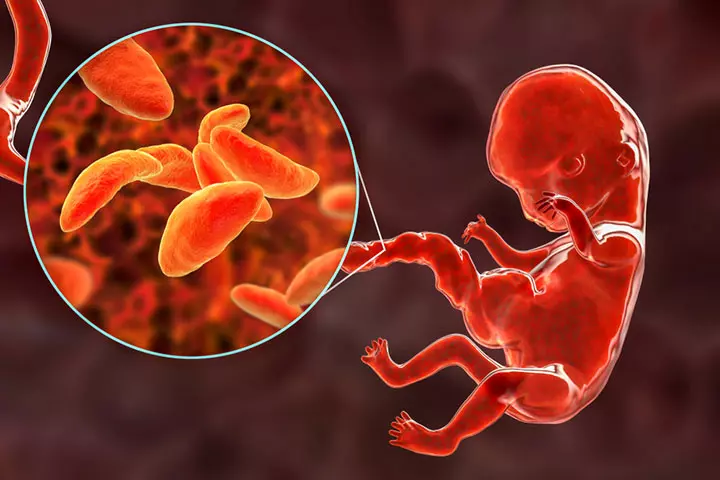
We can conclude that raw vegetables can be a great addition to a vegetarian diet while pregnant. However, there are some raw food safety guidelines that one must follow while eating raw vegetables. These include:
Toxoplasma is a parasite present in raw and undercooked meat. It is also present in the outer peel or rind of fruits and vegetables. A study by the Center for Disease Control and Prevention reveals that toxoplasmosis infects about 400-4000 fetuses every year (11). Pregnant women infected with Toxoplasma pass this infection to their babies. It can lead to diseases that affect the eyes and nervous system. To prevent this infection, make sure you wash the raw vegetables thoroughly before eating. Cut away the damaged or bruised part of the vegetable, as bacteria tend to thrive in these places. Wash the chopping board and knife with hot and soapy water after cutting the vegetables (12). Some raw vegetables contain hemagglutinins and bacteria, which can disrupt the functioning of red blood cells in the body (13). Therefore, soak the raw vegetables in salt water to kill the germs present in them.
Pregnant women should always check with their healthcare provider before making dietary choices, particularly when it comes to eating raw foods.
 Point to consider
Point to considerFrequently Asked Questions
1. Can I eat raw carrots when pregnant?
Consuming raw carrots during pregnancy is safe as they are rich in vitamins and antioxidants.
2. Can I eat raw cucumber during pregnancy?
Cucumbers are a great source of water and vitamins. Consuming cucumbers during pregnancy will help in reducing the risks of dehydration.
3. Is it safe to eat raw potatoes when pregnant?
Raw potatoes are a rich source of vitamin C and flavonoids, which help maintain blood pressure levels during pregnancy.
4. Can I eat raw broccoli when pregnant?
Broccolis are a rich source of folate and vitamin C, both of which are essential nutrients required for a healthy pregnancy and the baby’s proper development. Having raw broccoli during pregnancy is safe, but ensure to wash it thoroughly.
5. Can I eat raw vegetables from a salad bar during pregnancy?
It’s best to avoid eating raw vegetables from salad bars during pregnancy unless you’re sure they’ve been thoroughly washed and handled safely.
Vegetables are one of the healthiest foods to eat during pregnancy. They can be great sources of vitamins and minerals including folate, calcium, and fiber beneficial to meet the dietary requirement of pregnant women. Useful nutrients are often lost in cooking, and hence consuming raw vegetables during pregnancy can be an effective way of keeping their nutrition quotient intact. Raw vegetables can also be used as salads and other healthy snack options, which helps promote healthy weight gain during pregnancy. However, raw vegetables may harbor disease-causing microbes, pesticides, herbicides, or other contaminants, for which you should wash them properly with water or soak them in warm water before consumption. In addition, avoid raw vegetables that may hamper digestive health, such as radish and cauliflower.
Infographic: How To Safely Add Raw Vegetables To Your Pregnancy Diet
Raw vegetables provide several health benefits to you and your fetus. However, make sure they are free of germs and other contaminants before eating. The infographic below discusses effective ways to ensure safety when eating raw vegetables during pregnancy.
Some thing wrong with infographic shortcode. please verify shortcode syntaxIllustration: Can You Eat Raw Vegetables While Pregnant?
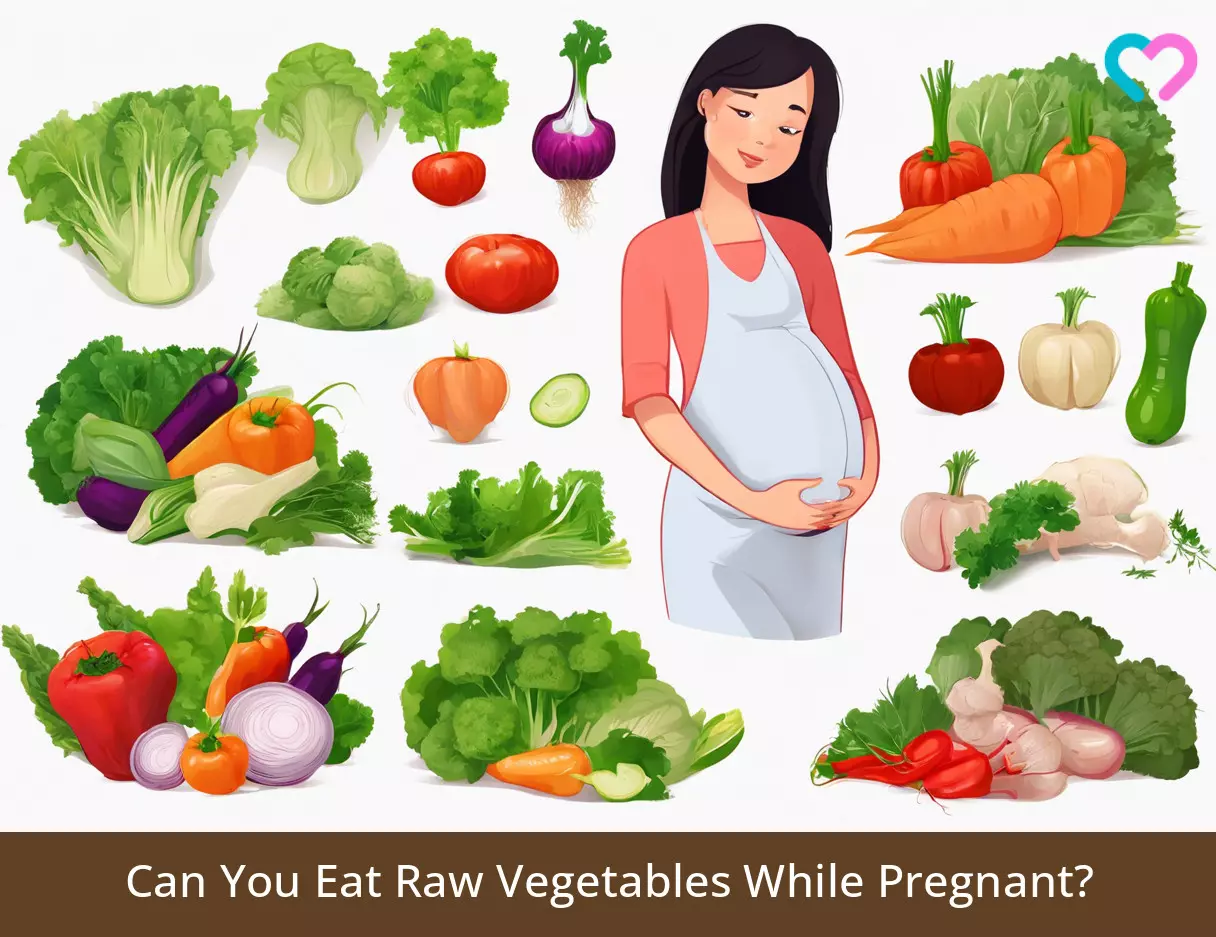
Image: Stable Diffusion/MomJunction Design Team
References
- Nutrition Information for Raw Vegetables.
https://www.fda.gov/food/food-labeling-nutrition/nutrition-information-raw-vegetables - Folate.
https://ods.od.nih.gov/factsheets/Folate-HealthProfessional/ - Calcium.
https://ods.od.nih.gov/factsheets/Calcium-HealthProfessional/ - Jaclyn M Coletta et al.; (2010); Omega-3 Fatty Acids and Pregnancy.
https://www.ncbi.nlm.nih.gov/pmc/articles/PMC3046737/ - Cauliflower.
https://fdc.nal.usda.gov/fdc-app.html#/food-details/1103345/nutrients - Brussels sprouts.
https://fdc.nal.usda.gov/fdc-app.html#/food-details/170383/nutrients - Potassium.
https://nutritionsource.hsph.harvard.edu/potassium/ - Beta-carotene.
https://www.mountsinai.org/health-library/supplement/beta-carotene - How to eat well in pregnancy.
https://www.tommys.org/pregnancy-information/im-pregnant/nutrition-in-pregnancy/balanced-diet-pregnancy - People at Risk: Pregnant Women.
https://www.foodsafety.gov/people-at-risk/pregnant-women - Preventing Congenital Toxoplasmosis.
https://www.cdc.gov/mmwr/preview/mmwrhtml/rr4902a5.htm - Fruits, Veggies and Juices from Food Safety for Moms to Be.
https://www.fda.gov/food/people-risk-foodborne-illness/fruits-veggies-and-juices-food-safety-moms-be - Weston Petroski and Deanna M. Minich; (2025); Is There Such a Thing as “Anti-Nutrients”? A Narrative Review of Perceived Problematic Plant Compounds.
https://www.ncbi.nlm.nih.gov/pmc/articles/PMC7600777/ - Folic Acid.
https://www.cdc.gov/folic-acid/about/?CDC_AAref_Val=https://www.cdc.gov/ncbddd/folicacid/about.html - Taddese Alemu Zerfu and Aleme Mekuria; (2019); Pregnant women have inadequate fiber intake while consuming fiber‐rich diets in low‐income rural setting: Evidences from Analysis of common “ready‐to‐eat” stable foods.
https://www.ncbi.nlm.nih.gov/pmc/articles/PMC6804770/#:~:text=The%20intake%20of%20fiber%E2%80%90rich%20foods%20during%20pregnancy%20and%20lactation,et%20al.%2C%202008
Community Experiences
Join the conversation and become a part of our nurturing community! Share your stories, experiences, and insights to connect with fellow parents.
Read full bio of Dr. Mona Hardas
Read full bio of Ria Saha
Read full bio of Swati Patwal
Read full bio of Dr. Joyani Das







